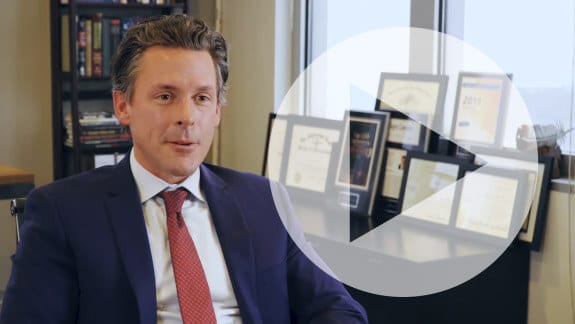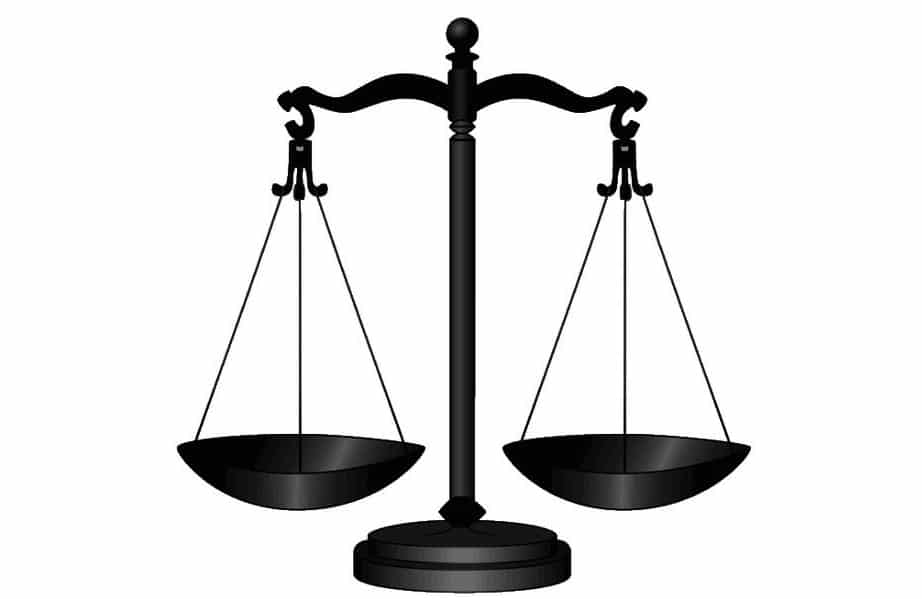It all started with Clarence Earl Gideon, a poor prisoner in the Florida State Prison. Add to Mr. Gideon a pencil, paper, and insurmountable determination. Mr. Gideon handwrote his motion to the United States Supreme Court arguing that the U.S. Constitution provides that counsel should have been provided to him free of charge.
So began the famous case of Gideon v. Wainwright, 372 U.S. 335. We are now in the 50th year since Mr. Gideon’s case was determined by the Supreme Court. The case changed the interpretation of the Sixth Amendment, which reads:
In all criminal prosecutions, the accused shall enjoy the right to a speedy and public trial, by an impartial jury of the state and district wherein the crime shall have been committed, which district shall have been previously ascertained by law, and to be informed of the nature and cause of the accusation; to be confronted with the witnesses against him; to have compulsory process for obtaining witnesses in his favor, and to have the assistance of counsel for his defense.
Prior to Mr. Gideon’s case, attorneys were only appointed to represent indigent clients in death penalty or certain felony cases. Mr. Gideon, then, not on trial for his actual life, had to represent himself and was convicted. He appealed to the U.S. Supreme Court, arguing that he should have been given an attorney.
In January of 1962, the U.S. Supreme Court received Mr. Gideon’s appeal. Mr. Gideon was soon appointed attorney (and future Supreme Court Justice) Abe Fortas to represent Mr. Gideon. The Court heard oral arguments; and on March 18, 1963, the Court issued its decision. The case was decided for Mr. Gideon. The law would change. Counsel would be appointed to all indigent defendants. Through the Fourteenth Amendment, this right is extended to the States in State cases, not just federal cases.


